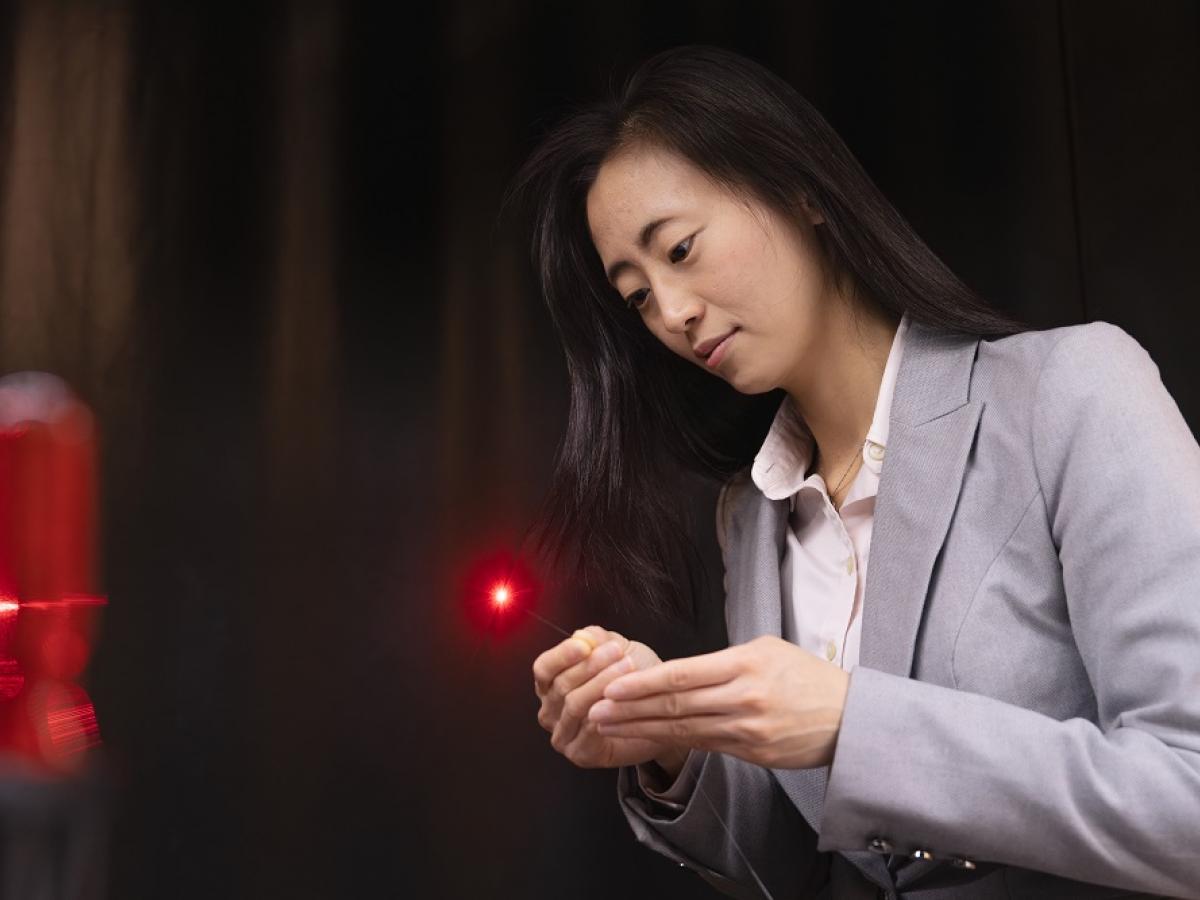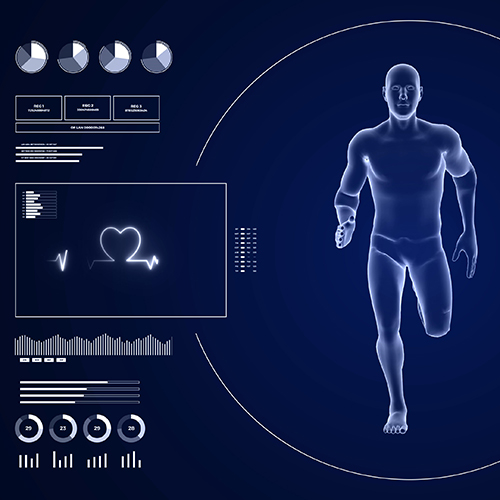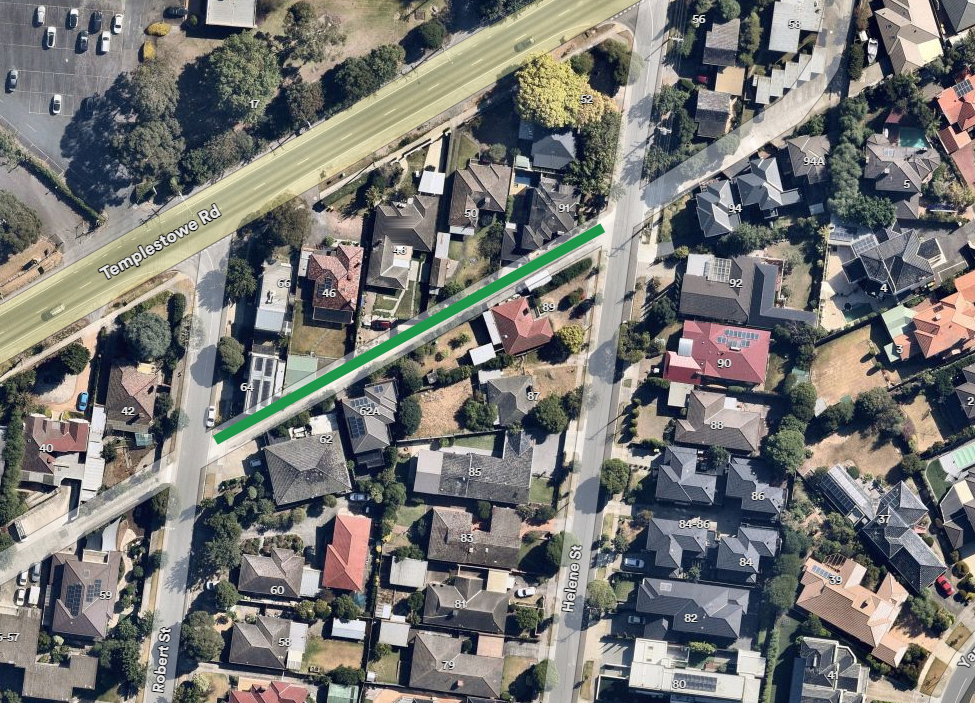
Dr Li from the University of Adelaide’s School of Electrical and Mechanical Engineering and the Institute of Photonics and Advanced Sensing (IPAS)
Dr Jiawen Li, a biomedical engineer from the University of Adelaide, has been named in the 2023 global list of Innovators Under 35 by the MIT Technology Review for her work in biomedical engineering. Dr Li is the only recipient of this prestigious global recognition from Australia.
Dr Li is one of only 35 people included in the list and is one of nine innovators within the biotechnology sector. She has been named for her work engineering a tiny device to help cardiologists identify which patients may be at greatest risk of heart attack.
Dr Li’s innovation, an ultrathin 3D-printed endoscope, is designed to probe inside a blood vessel and generate high-quality images of the plaques that build up over a lifetime. Most of these plaques pose little danger, but some rupture and risk blocking arteries.
None of the existing probes used by physicians today are accurate enough to reliably predict which plaques are likely to cause medical issues. This often leads to costly overtreatment or, at times, sudden death.
Dr Li is a Senior Lecturer at the University of Adelaide’s School of Electrical and Mechanical Engineering (EME) and Institute of Photonics and Advanced Sensing (IPAS). She set out to build a camera to give clinicians the image quality they need, while still being small enough to safely fit inside the artery that feeds the heart.
Her approach combines two light-based imaging techniques into a single lens no bigger than a grain of salt; together, they provide high-resolution snapshots of a plaque’s structure, as well as molecular clues about the likelihood of rupture.
Working with researchers in Germany, Dr Li developed a way to print the lens onto an optical fibre as thin as a human hair, which can be fed through arteries and toward the heart.
“Dr Li and her team integrate optical coherence tomography, 3D nano/micro-manufacturing, and fibre technologies to build medical imaging systems that will enable accurate identifications of plaques with the greatest rupture risk. Biomedical engineering innovation is helping to create a healthier, better, and safer world, and it is a discipline that we are rapidly growing at the University of Adelaide,” says Professor Nelson Tansu, Head of School of Electrical and Mechanical Engineering at the University of Adelaide.
Dr Li and her colleagues have successfully tested the device in preclinical studies and are working toward clinical trials in humans. In addition to improving diagnosis of heart disease, they think the device could eventually help physicians detect cancer in hard-to-image areas, including the bile duct and lungs.
The list aims to highlight individuals driving the next wave of innovation and showcase how their work will impact technology of the near future. The global innovators have been named within the fields of robotics, computing, biotechnology, climate and energy, and artificial intelligence.







